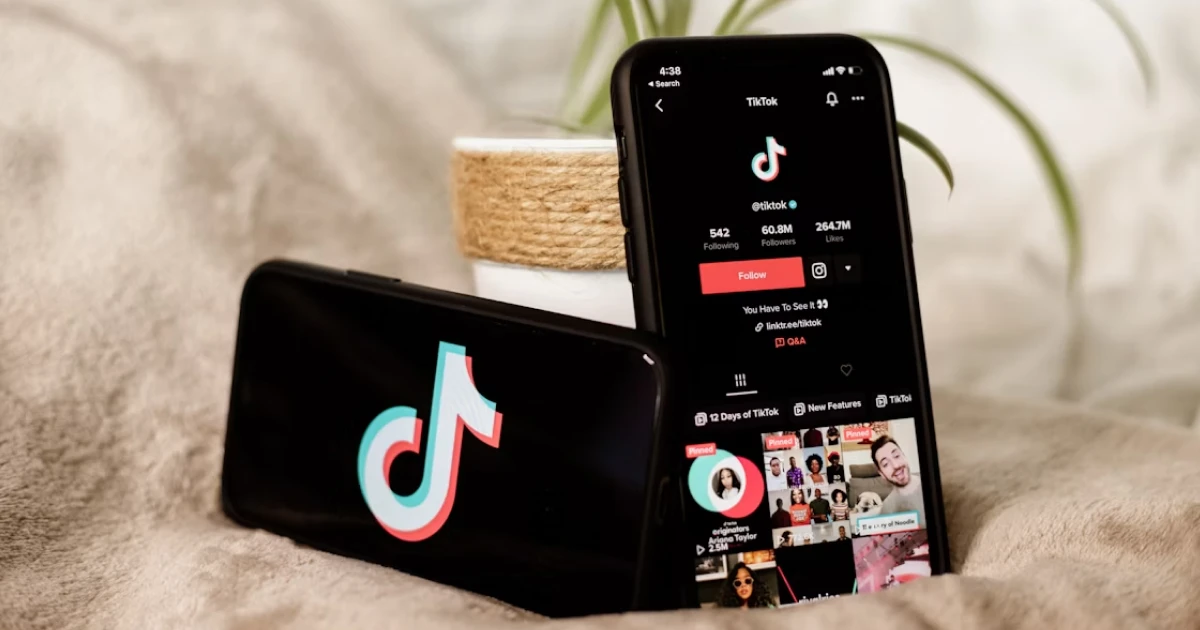It's difficult to recall a world without social media, where we weren't glued to our phones, constantly checking for messages from our friends. A world where only in-person friendships existed and virtual friendships were unheard of. Ah, the good old days…
Aileen Lee, the founder of Cowboy Ventures, is credited with coining the term "Unicorn Startups" in 2013, but such companies have been around since the 1990s. Google (now Alphabet) is widely considered to be the first such success story, but it was only the beginning of a trend of software development companies that would have a profound impact on the world. These companies achieve "Unicorn" status by being pioneers in their field or disrupting industries altogether. Facebook, for example, revolutionized the way we connect with others, while Uber made it simple and equitable to rent a cab.
Even more so, there are cases where startups are so innovative and disruptive that they ascend to the level of "Super Unicorns," achieving valuations in the hundreds of billions of dollars, as Facebook did.
The interesting part about Facebook is how fast it became popular. In the years leading up to the proliferation of social media platforms, it was common to hear the phrase "If you're not on Facebook, do you even exist?"
It seems like people either love, hate, or are indifferent toward Facebook. It's hard to imagine someone who hasn't heard of it, right? However, not everyone who uses this platform knows how it came to be. If you're someone who knows the story behind it, keep reading. The tale of something that has had such a profound impact on us is always worth revisiting.
So, it all started as a joke…or not?
Back in 2003, when Mark Zuckerberg was a student at Harvard he decided the campus needed something to change the mood a little bit. He used his hacking skills and got into the Harvard accommodation system, pulling out pictures of students. He then used those pictures to create a system called Facemesh and spread it around the campus. Students had the option to vote between 2 pictures one beside the other, marking them as “hot” or “not”. The website would keep count of the votes and a top was updated after each response.
If it sounds wrong to you, well you are right. It was wrong, and Mark faced some problems having to close Facemesh after just a few days. Before he deleted the page, it had already been used many times and Mark’s name was known around the campus.
It wasn’t long, precisely until the 4th of February 2004, that Zuckerberg launched the website Thefacebook.com and from then, the entire social network revolution started. He teamed up with other fellow students. Saverin, Moskovitz, and Hughes, and each got to work on a different task, preparing for what was to be known, after a short period, as Facebook. Chris Hughes was assigned to be the spokesperson, Dustin Maskovitz a programmer, and Eduardo Saverin was assigned the business part.
The early days of Facebook
While the initial website was supposed to be a place where students at Harvard shared information, the plans changed when the growth started to get to a fast pace. Pretty quickly the company started to let other students from different universities join the platform, as the demand was pretty high.
There were other social media platforms, like MySpace, but what Thefacebook.com had was the Wall. The personal Wall was added to someone’s profile where the person and their friends could post on.
However, when Facebook launched, MySpace already had over a million users, and it was becoming the most popular app in the US.
By the end of 2004, the company had changed its name to just Facebook. The domain facebook.com was bought the following year for 200.000 dollars. And so it begins…
Oh, look, a Unicorn!...
It’s the year 2005, and you are a student in the United States. Being on Facebook was “the thing” and when the company introduced the option to tag people in pictures everyone said “Like”. However, it's worth noting that MySpace was the dominant player in the social media space.
By the end of the year, the platform had over 6 million users and soon opened up its gates to everyone over the age of 13 with a valid email address. It was now that companies started to see value in marketing themselves on social media.
In 2008 Facebook surpassed Myspace and in 2009 became the most-used social media platform in the world. This emergence was due to Facebook’s clean and non-customizable appearance. The success of his company made Zuckerberg the youngest multi-billionaire in the world.
Facebook faced lots of challenges with privacy issues and controversies but looking back at the way it started, as the "hot or not" website of Zuckerberg, it was somehow expectable.




.webp)










